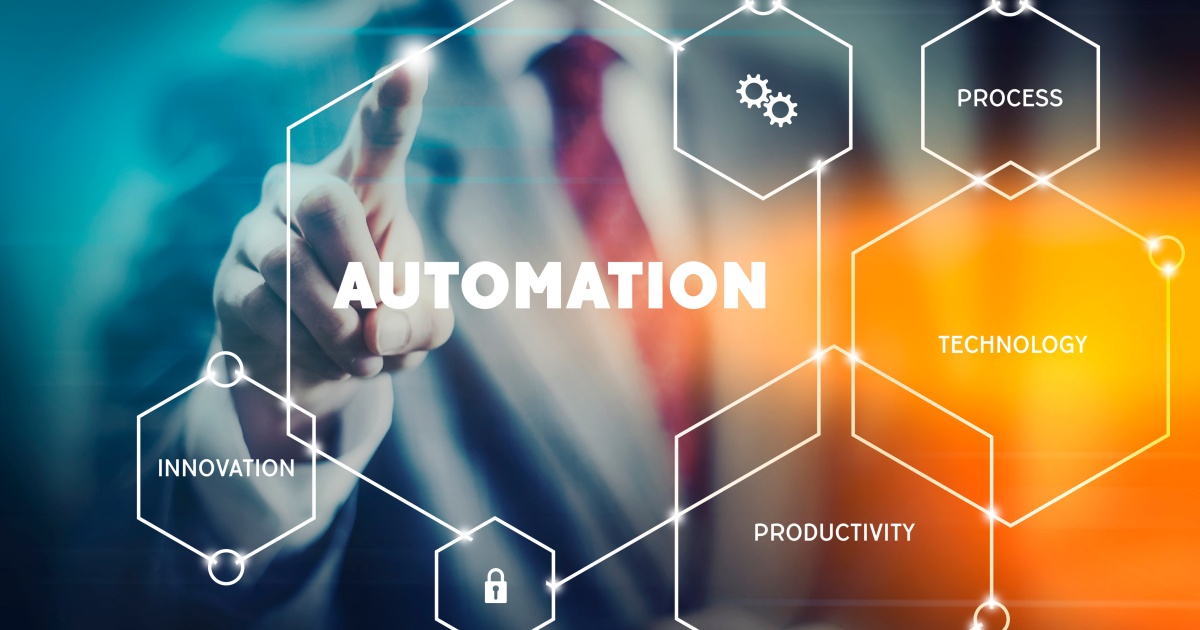
The future of work is taking shape, driven by a surge in AI and automation adoption. The autonomous enterprise – one powered by intelligent automation and AI – is no longer a futuristic vision, but a tangible reality taking root in boardrooms across industries.
To back this claim, Digitate, a provider of enterprise software solutions, unveiled a study showcasing a near-unanimous embrace of automation among IT leaders. Titled "AI and Automation: Laying the Foundation for the Autonomous Enterprise," the study reveals that 90% of IT decision-makers plan to deploy more automation, including AI, in the next 12 months.
Within automation technologies, AI stands out prominently (and IT leaders consider AI as the crucial element for intelligent automation). AI is recognized for its capacity to learn, adapt and make real-time decisions, making it a pivotal force in the automation landscape.
Automation also increases efficiency and productivity – acting as the primary motivation for automation initiatives. Repetitive tasks are particularly susceptible to robotic takeover. This then allows human employees to redirect their focus toward more strategic and high-value work.
So, to summarize how respondents to the study view automation: automate or be left in the dust. As for plans for deploying automation, most organizations are focusing automation efforts first in the IT department, with finance and customer support also planning to automate processes in the next 12 months. And enterprises have experimented with different types of automation. These include generative AI, workflow automation and AIOps.
Still, there are concerns about AI and its impact on the future of the workforce. One in four of IT leaders said that the main drawback to automation is the perception of workplace insecurity and job redundancy for employees.
For reassurance to those concerned employees, IT decision-makers stated that implementing automation in their organization led to both improved employee satisfaction and increased productivity. Also, automation has a chance to generate new job opportunities. These opportunities will demand skills in areas such as data analysis, cybersecurity and AI governance.
"IT leaders have long known that AI-powered automation is essential for survival. The research showed most companies realize this and are taking urgent action to increase investments in this area,” said Avi Bhagtani, CMO of Digitate. “The difference is that now enterprises are embracing AI and automation to improve business KPIs, and enhance employee productivity as well as customer satisfaction, thereby accelerating their path to the autonomous enterprise.
Automation is no doubt changing the workforce. Businesses and IT teams need to be smart, though, and embrace automation and AI with a strategic and balanced approach to reap the full benefits within that “autonomous enterprise” category.
Be part of the conversation to understand the Future of Work and how employee experiences are changing at Future of Work Expo 2024. The conference focuses on key elements of today's re-imagined workplace; not just for improving productivity, but also providing better experiences through the intersection of technology like AI and the vital human element. Future of Work Expo is part of the #TECHSUPERSHOW experience, taking place February 13-15, 2024, in Fort Lauderdale, Florida.
Edited by
Alex Passett